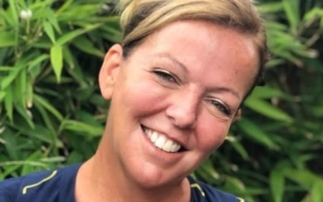Johan Widheden of AkzoNobel says the way we think about commodity of fresh water may ultimately have to change
For many countries, fresh water availability is an acute concern. In some cases it is the sheer number of people in one location that is triggering the deficiency, in others it is rising sea levels due...
To continue reading this article...
Join BusinessGreen
In just a few clicks you can start your free BusinessGreen Lite membership for 12 months, providing you access to:
- Three complimentary articles per month covering the latest real-time news, analysis, and opinion from Europe’s leading source of information on the Green economy and business
- Receive important and breaking news stories via our daily news alert
- Our weekly newsletter with the best of the week’s green business news and analysis






